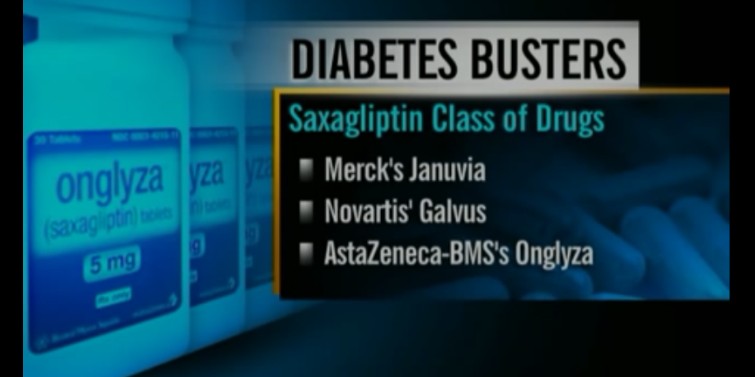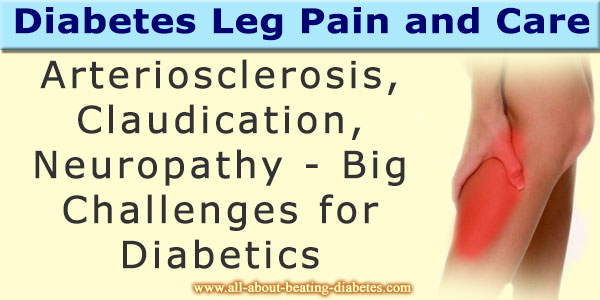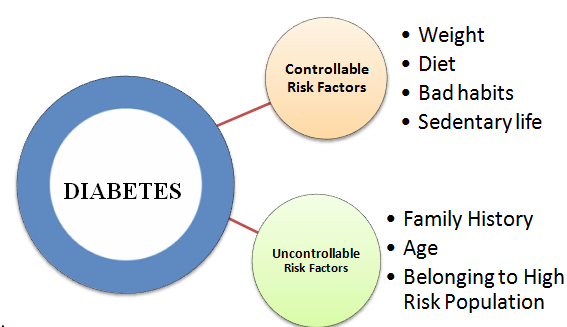Gestational diabetes second pregnancy
My first pregnancy was pretty good, I had no problems. Now I'm having my second pregnancy and am 33 weeks. Last week my doctor checked my blood sugar and it was 210 mg/dl.
She advised to make some changes on my diet, to do more exercise, and gave me insulin shots.
I didn't want to go for insulin, I started my diet changes and exercise, and now my sugar levels are ok as my doctor said.
I want to know why did happen gestational diabetes second pregnancy while everything was ok with the first pregnancy? Has anything I've eaten or done cause me to have diabetes?
One last thing: I've heard about this acclimation or adaption during pregnancy. How far do they affect me and my baby?
Thank you.
Answer
Usually, gestational diabetes begins when your body is unable to produce and utilize its need from insulin during pregnancy, this means that glucose can’t be properly used by your body to produce energy; glucose will actually remain high in your blood (hyperglycemia); raising the results of your oral glucose tolerance test.
Though scientists can’t explain the real causes for developing gestational diabetes, there are some risk factors which might have increased your susceptibility to have gestational diabetes in your second pregnancy, including:
• Being a pregnant mom over thirty years old
• Being obese; you might have gained excess weight after your first pregnancy and failed to regain your normal weight before the second one.
• Having some relatives who have diabetes (positive family history)
• Finally, gestational diabetes tends to occur more frequently in African Americans, Latino Hispanic, Native Americans Pacific Islanders individuals.
My sister had got gestational diabetes when she was pregnant, after delivery was cured from her GDM, but her doctor advises her to adopt healthy dietary habits, have regular physical exercise, and avoid excess sugars for the rest of her life to avoid developing type 2 diabetes .
According to ADA, and based on the results of twenty eight studies, the conversion of gestational diabetes to diabetes type 2 increases greatly in the first five years after baby delivery, fortunately, this can be prevented or delayed by continuous follow-up and healthy life style changes.
Unfortunately, this accounts for your baby too; both you and your baby are more susceptible of developing diabetes type 2 for the rest of your lives.
Click here to post comments or follow up
Ask the Doctor now? Simply click here to return to Controlling Gestational Diabetes.
Gestational diabetes after pregnancy?
My friend is 34 weeks pregnant, and has gestational diabetes. The doctor put her on insulin shots because there was no good control with diet and exercise alone.
She is concerned if she will still have gestational diabetes after giving birth?
She wants to know when her blood sugar levels will be back to normal after giving birth? She is also worried about her baby: will her baby get type 1 or type 2 diabetes?
Sorry for lots of questions, but she is really worried about these issues of gestational diabetes after pregnancy.
Thank you.
Answer
Dr Alba
Gestational Diabetes is a type of "isolated" diabetes. This means, that once your friend will give birth, she will not have any problem with diabetes, everything will be back to normal.
If she is not careful to what she eats, and conducts a sedentary life, most probably she will face type 2 diabetes as for any other person.
Your baby will face only a post-delivery hypoglycemia that will be settled very quickly and efficiently by the medical team.
The baby will carry out a risk factor for developing type 2 diabetes. However, this disease will be set up if your friend's baby will conduct a bad lifestyle and have bad "eating" habits or will be overweight.
So, it is very important that your friend start to take proper care of her self and teach her baby how to.
Congratulations to your friend!
Click here to post comments or follow up
Ask the Doctor now? Simply click here to return to Controlling Gestational Diabetes.
Diabetes complications Questions or Problems? Get Help Here
This is the place where you can ask a question about any aspect of diabetes complications.
It's free and it's easy to do. Just fill in the form below, then click on "Submit Your Question".






